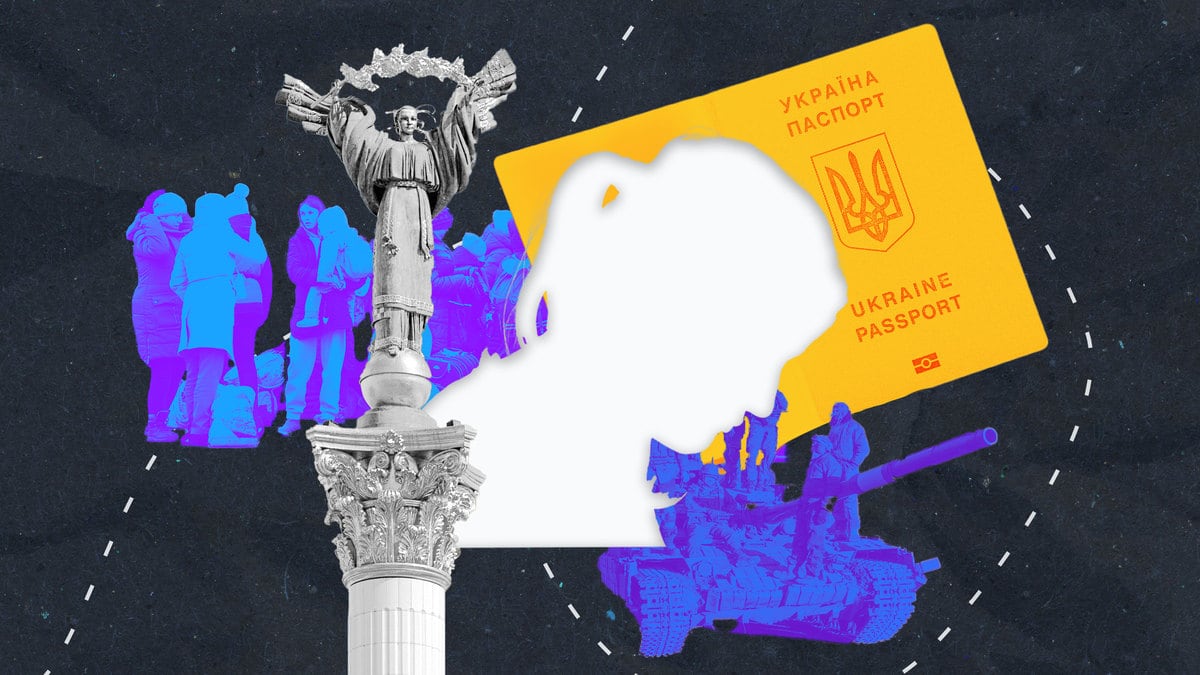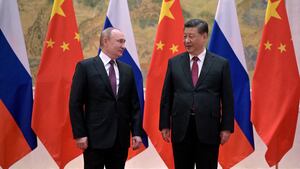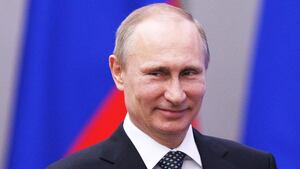Just a few weeks ago I was living a normal life in Podil—a lively, modern district in Kyiv.
A typical morning would begin with breakfast, coffee, and a book—followed by some writing for a New York-based company. Then a bit of grocery shopping, and maybe cooking up some curry. On some days, I would do a 10km run along the embankment of Trukhaniv Island. This life was only very recent, and yet it all feels like a hazy memory.
Russian troops had been amassing at my country’s borders for weeks. We’d been hearing constant news of an “imminent Russian attack.”
As a defense mechanism, my brain dismissed the warnings of an all-out military invasion. The idea of Ukrainian cities being mercilessly shelled and carpet bombed was too surreal and terrifying a prospect to confront. “Surely, Putin can’t be that crazy?!” I hoped.
But then there were times when I accepted the unthinkable could soon be upon us, and I’d succumb to panic and tears. And then one morning, Putin did it. He invaded my country and started killing people.
In the early hours of Feb. 24, as airstrikes pummeled Ukraine from every direction, my British boyfriend woke me up with the news. My earplugs—intended to protect me from his snoring—had blocked the sound of the airstrikes overnight. He told me we needed to get going. Now.
My dad kindly agreed to drive us to Lviv, our stop-off point on the journey to Poland. The plan was to stay there for four hours overnight and set a course for the Polish border before the sun rose the next day.
It normally takes less than 10 hours to get from Kyiv to the Polish border. For us it took 40 hours, as gas stations ran dry of fuel and innumerable refugees—like us—headed for the borders.
As we approached Lviv, we waited in a 19-kilometer queue of cars near the border with Poland. Then we joined the pedestrian queue, which was at first a relief, but just a prelude to an even longer, more arduous journey. Crossing the border on foot took a further 23 hours with no food, water, or toilet facilities.
Waiting in the queue, I saw things I wish I could un-remember. People fainting from standing smashed together with countless others. Lots of pushing and crushing. Scarce air. Imagine the worst concert with the most violent moshing.
Once we made it into Poland, we were overwhelmed by the support we received. Free food, accommodation, clothes, and transport. After the inhumane conditions at the border, we felt like crying when we saw the Poles step up for Ukraine.
We spent four nights in Poland, but the country that welcomed us is neither my home nor my boyfriend’s.
The U.K. currently does not accept Ukrainian refugees, or anyone without a visa. I had already applied for a U.K. visitor visa in early February but, three weeks later, had not received any updates. While in Warsaw, the U.K. finally provided me with a visa waiver.
I chose to leave my entire family, and many of my friends, behind in Kyiv, because my boyfriend wanted to return to the U.K. I don’t regret my choice, but it will affect me for the rest of my life.
The people of the U.K. have been incredible. I’ve received messages from all over social media with offers of help. One of my boyfriend’s neighbors gave me flowers as a welcome into Greater Manchester, another stopped by with his 5-year-old son who drew some flowers and a “welcome home” message for me.
It’s bizarre to think of what’s become of my life over the past two weeks. Whereas I was once a journalist living in a cosmopolitan city, I’m now a war refugee.
And though I’ve left the warzone, the war hasn’t left me.
My 59-year-old father is fighting in the territorial defense force. My mother and brother are still in the danger zone.
In the U.K., I’m able to go to the pub. I’ve just attended a wedding. I’m eminently safe. And I feel guilty about every moment of it, as my loved ones in Ukraine face Putin’s war machine.
Putin sees Ukraine as a “fake” country, and within the sphere of Russian influence. But before Moscow even existed, Ukrainians spent centuries creating their own language, culture, and identity. I have no doubt that Ukrainians will fight to the death to preserve their homeland.
And that’s why although I am personally physically safe right now, my heart is still in Kyiv. And it breaks over and over again.








